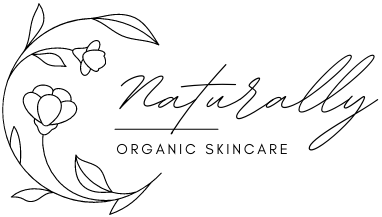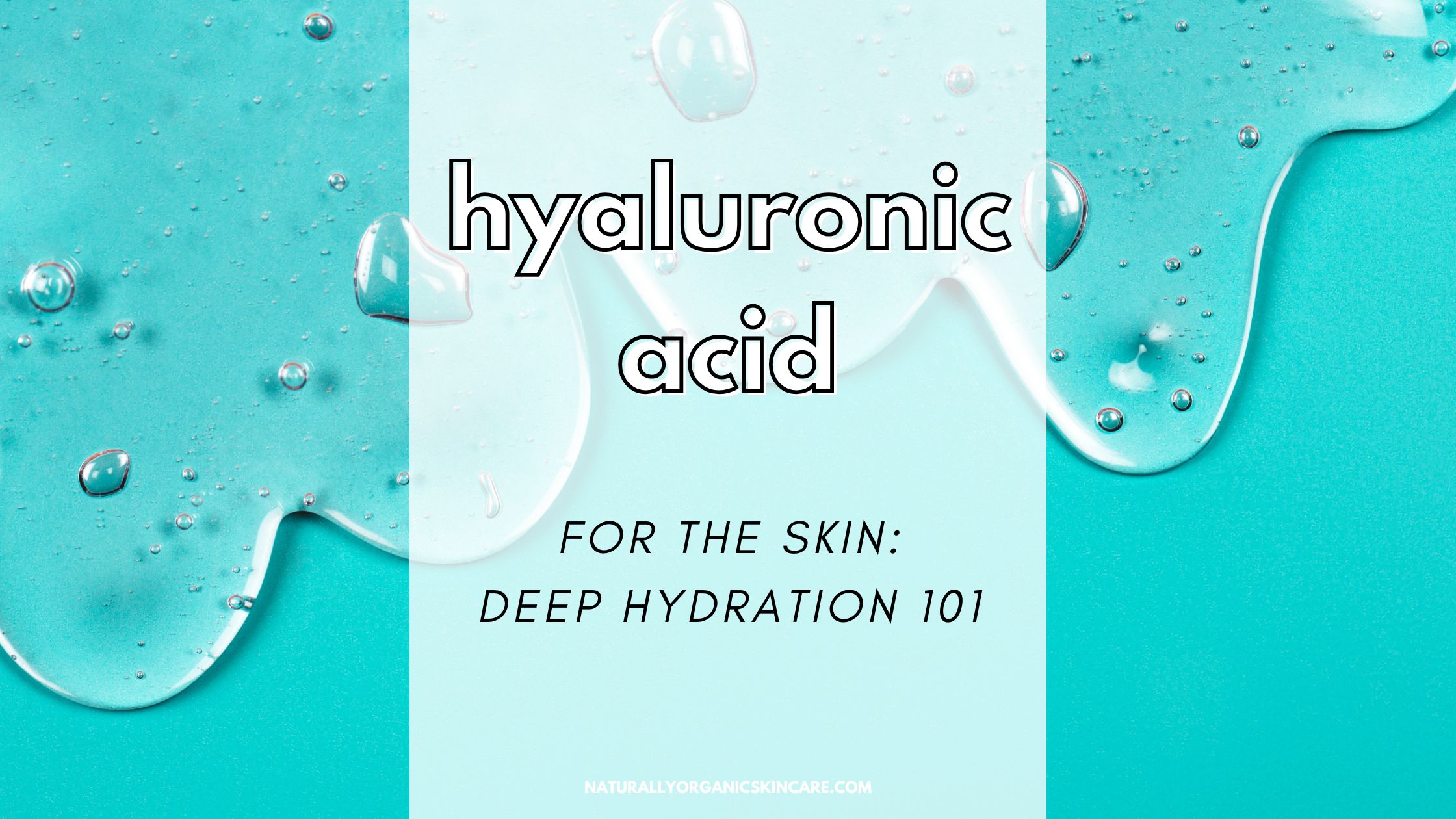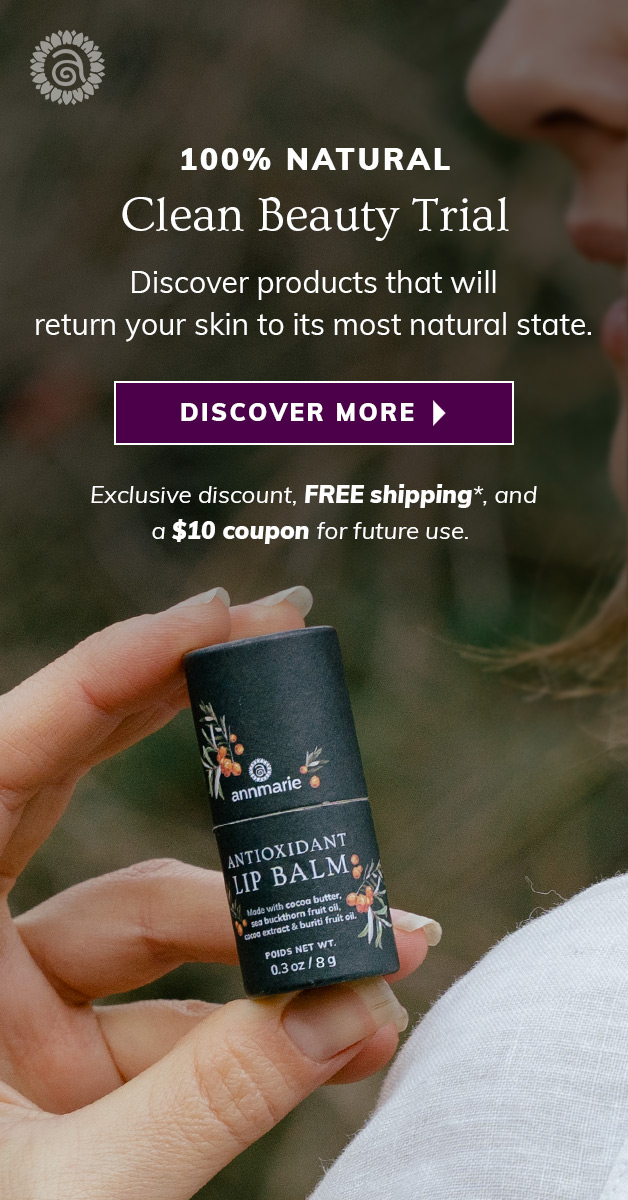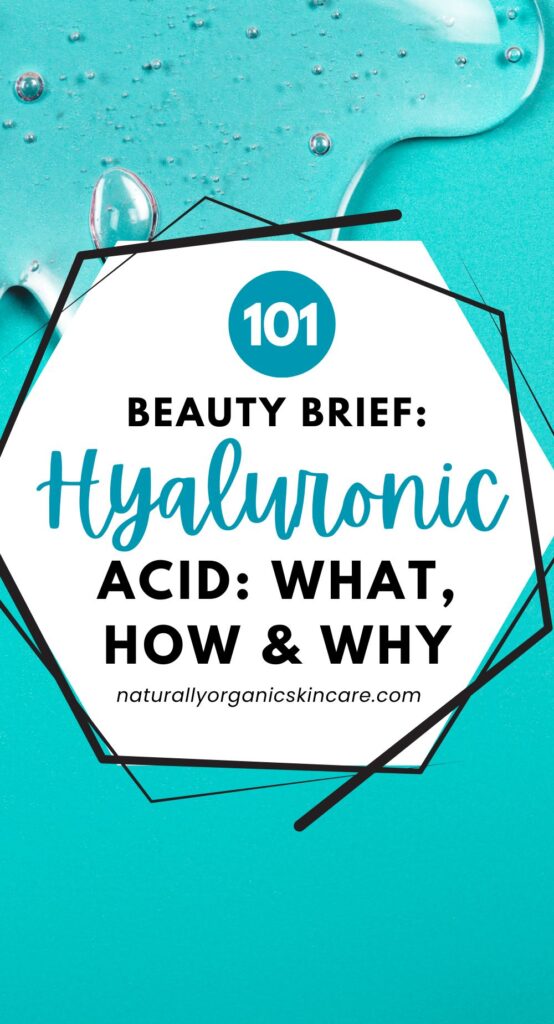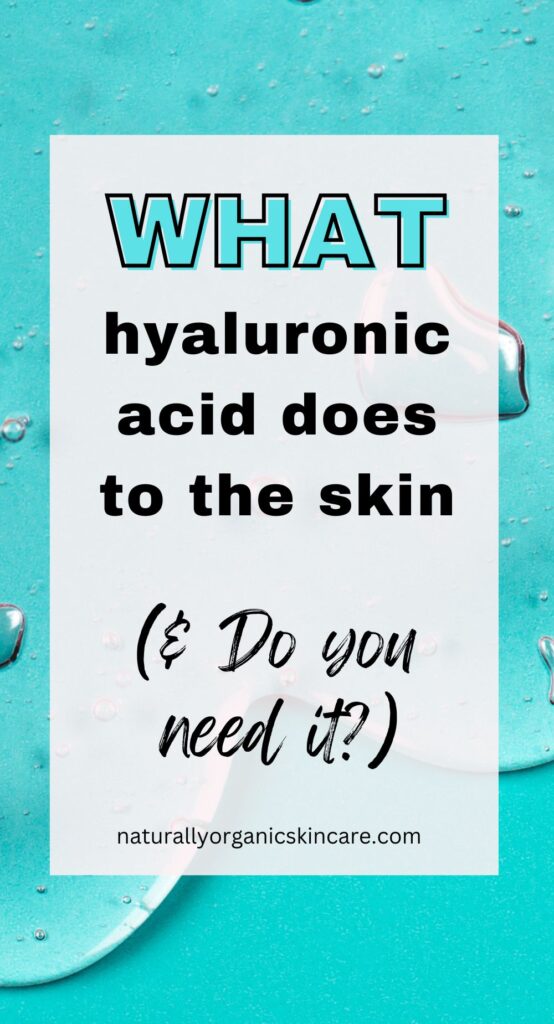If you’ve ever felt like your skin needs a drink, then hyaluronic acid is here to quench its thirst. This skincare superstar has been making waves for its incredible hydrating abilities, drawing in moisture to keep skin looking plump, smooth, and youthful. Today, we’ll explore what hyaluronic acid is, how it works, the science behind it, and the best ways to use it for optimal skin health.
You may find it in some of your products already. Oh, and the best part? It’s natural!
What is Hyaluronic Acid?
Hyaluronic acid (HA) is a naturally occurring molecule found in the human body, particularly in the skin, eyes, and connective tissues. Its primary job? To retain moisture. Just one gram of hyaluronic acid can hold up to six liters of water—a trait that makes it essential for keeping skin hydrated and resilient.
Over time, however, our natural levels of HA decrease, leading to signs of dehydration and aging. This is why applying it topically has become a go-to method in skincare. When applied to the skin, hyaluronic acid attracts water from the environment and the deeper layers of the skin, helping to keep the outer layer plump and hydrated.
Fun Fact: HA is so effective that it’s used in medical procedures like eye surgeries and joint injections to lubricate tissues and retain moisture!
The Science: How Does Hyaluronic Acid Work?
Hyaluronic acid molecules act like tiny sponges, drawing in moisture and holding it in the skin. When applied, HA molecules work by forming a moisture-binding barrier on the surface. This layer not only provides hydration but also helps prevent trans-epidermal water loss, which is crucial for maintaining healthy skin.
Studies support HA’s effectiveness. One study, published in the Journal of Clinical and Aesthetic Dermatology (JCAD), found that topical application of HA significantly improved skin hydration, elasticity, and reduced wrinkle depth after just two weeks of consistent use. [Link to study extract]
Another interesting finding is the molecule’s versatility in different molecular weights. HA can be formulated in various sizes, from high to low molecular weight, each with unique benefits:
- High molecular weight: This sits on the surface, providing a quick, visible plumping effect.
- Low molecular weight: These smaller molecules penetrate more deeply, helping to improve long-term hydration and elasticity from within.
Benefits of Hyaluronic Acid for Skin
Hyaluronic acid offers a range of benefits that make it suitable for all skin types—even oily and sensitive skin. Here’s what it can do:
- Intense Hydration: HA can bind water to the skin, offering hydration that penetrates multiple layers.
- Plumping and Firming: By filling spaces between collagen and elastin fibers, HA provides a natural plumping effect.
- Improves Skin Barrier: Hydrated skin is healthy skin. By supporting the skin’s moisture barrier, HA helps protect against pollutants, bacteria, and environmental damage.
- Reduces Fine Lines: Studies have shown that consistent HA use reduces the depth of wrinkles, especially fine lines caused by dehydration.
- Boosts Elasticity: Hydrated skin is naturally more resilient and elastic, giving a youthful, bouncy appearance.
Fun Fact: HA molecules are so good at their job that they are used in injectable fillers like Juvederm and Restylane to reduce wrinkles from the inside out.
How to Use Hyaluronic Acid
While hyaluronic acid is straightforward to use, a few tips can make all the difference:
- Apply to Damp Skin: HA works best when there’s moisture present to bind to, so apply it to a slightly damp face right after cleansing or misting.
- Layer with Other Products: HA is versatile and can be used with other products, from serums to moisturizers. For the best results, use HA after cleansing but before applying oils or heavier creams to “seal in” the hydration.
- Day and Night Use: HA is gentle enough to use both in the morning and at night. It’s an ideal base for layering under makeup or as part of a nourishing bedtime routine.
Pro Tip: For those in dry climates, pair HA with a moisturizer to avoid it pulling moisture from your skin. Adding a cream on top seals in the hydration and boosts its effectiveness.
Hyaluronic Acid and Skin Types: What to Expect
- Dry Skin: HA is a game-changer for dry skin, delivering moisture where it’s most needed. Consider a serum with both high and low molecular weight HA to hydrate on multiple levels.
- Oily or Acne-Prone Skin: Don’t fear HA if you have oily skin! This lightweight molecule won’t clog pores, and its non-greasy formula can actually help balance oil production by keeping skin hydrated.
- Sensitive Skin: Pure HA is typically non-irritating, making it a good choice for sensitive skin types. Look for formulations without added fragrance or alcohol to avoid irritation.
Fun Fact: HA is often included in post-treatment skincare for patients who undergo procedures like laser resurfacing or chemical peels, as it helps soothe and accelerate skin repair.
Fun Myths and Misunderstandings
There are a few myths around hyaluronic acid worth clearing up:
- Myth 1: HA is an Exfoliating Acid
Despite its name, hyaluronic acid isn’t an exfoliant like glycolic or salicylic acid. It’s purely hydrating and works on the skin’s surface and within, making it safe for frequent use. - Myth 2: All HA Products Are the Same
The quality of HA products varies. Some contain high-quality, multiple molecular weights for deeper penetration, while others may only sit on the surface. Check labels and reviews to find products with well-formulated HA blends.
The Takeaway: Should You Use Hyaluronic Acid?
If hydration is on your skincare wish list, then yes—hyaluronic acid deserves a spot in your routine! With its lightweight feel and versatility, it’s a great addition for anyone, regardless of skin type. And thanks to its ability to enhance the skin’s barrier function, HA not only plumps up your skin but also keeps it looking healthy and radiant.
Whether you’re new to skincare or a seasoned enthusiast, hyaluronic acid’s hydrating power and proven results make it a must-have ingredient for anyone seeking smooth, plump, and glowing skin. Try incorporating it into your daily routine, and you may just find your skin’s new best friend.
